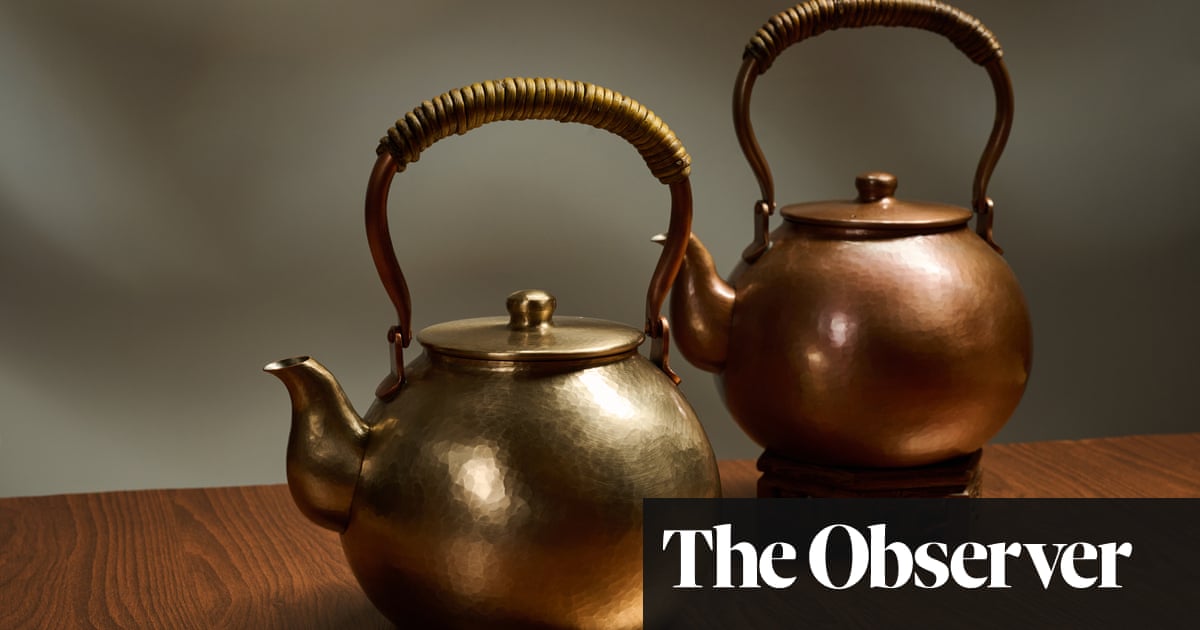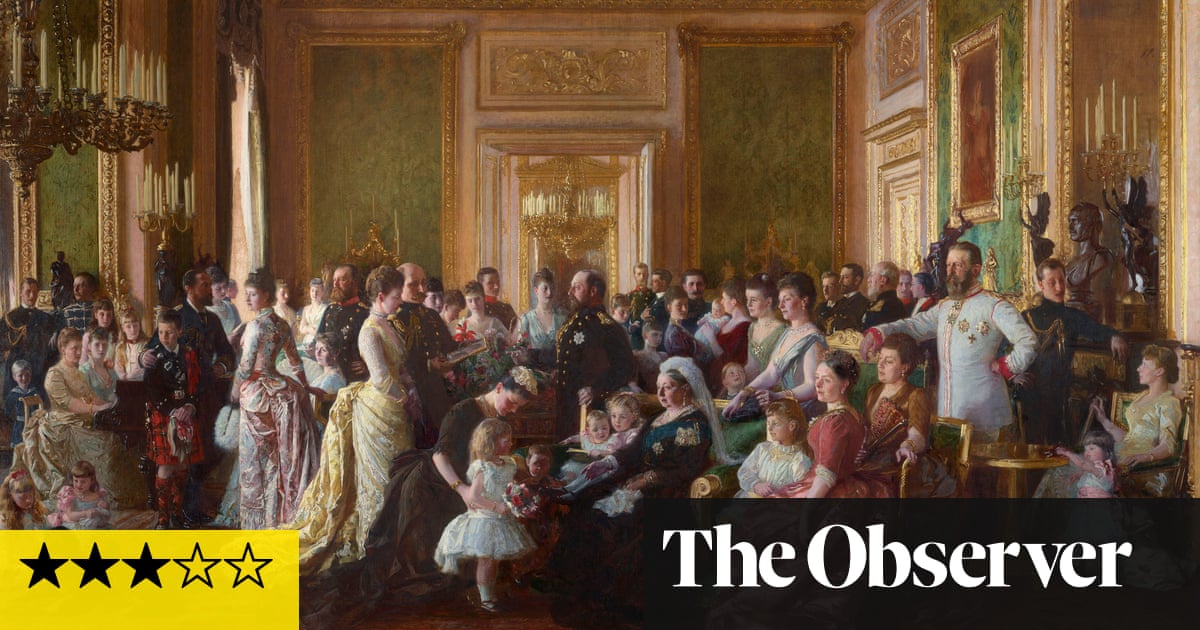The fact that Joseph Stalin loved music and believed it mattered was both a blessing and a curse for the men and women who made it. If your work found favour you were treated as a secular god with all the trimmings – palatial apartment, good food and freedom to roam as far as the decadent West (assuming you came back when called).
But for those who offended Stalin’s arbitrary and shifting tastes it was another matter. The Father of Nations regularly took time out from his busy killing schedule to vet each new classical music record that came across his desk, noting on the sleeve whether it was “good”, “average” or “rubbish”. A bad rating could earn you a stint in the gulag or, if there were aggravating circumstances (homosexuality, say), a bullet in the back of the head. It has been calculated that 68 composers were sent to Siberia during Stalin’s 30-year reign of terror. Hundreds of other musical artists, from virtuoso composers to popular songbirds via second violinists, were consigned to oblivion when the paper trails concerning them were deliberately destroyed.
In this revelatory book, the Dutch journalist Michel Krielaars goes in search of the musicians who thrived and failed (or both) under Stalin. Although they themselves are long dead, their children and grandchildren are eager to talk, not so much to put the record straight as to build it from scratch. These elderly keepers of the flame arrive for their rendezvous with Krielaars carrying dog-eared letters, smudgy newspaper cuttings and hissy old vinyl recordings that bear witness to long-silenced genius. Krielaars, who worked as a newspaper correspondent in Moscow between 2007 and 2012, speaks Russian and knows the culture’s tender spots, especially now that Putin is reviving the Soviet playbook of violence and silence.
Any account of music under Stalin must begin with Sergei Prokofiev. Having seen out the chaotic aftermath of the revolution by settling in the west, the prolific composer and pianist allowed himself to be talked into returning to the Soviet Union in 1936. He hadn’t achieved quite the international stardom that he thought his due – the Americans preferred Stravinsky’s extravagant modernist style – and Stalin was desperate to lure the maestro home to show the world that the communist utopia was a paradise for innovative artists. Prokofiev got a hero’s welcome, a stream of commissions, a luxurious four-room flat and permission to import a particularly flashy Ford car.
Initially the composer upheld his part of the bargain, writing in Pravda of his eagerness to move towards a musical “new simplicity” away from the cosmopolitan polyphony of his earlier work. In 1939 he even went so far as to write the repulsive Zdravitsa (Hail to Stalin) to celebrate the dictator’s 60th birthday. It wasn’t enough, though, to keep Prokofiev safe, and in 1948 he was accused of “formalism”, which was defined as producing “confused, neuropathological combinations that turn music into cacophony”. He died four years later, on the same day as his dictator.
Much of the anxiety faced by Prokofiev and thousands of others arose from never knowing where you stood. Words warped and changed their meaning, fixed principles turned out to be written on water and the knock on the door could come at any moment. Prokofiev’s longtime frenemy Shostakovich was condemned in 1948 for the dreaded “formalism”, yet by the end of that year he was honoured with the title Folk Artist of the Russian Socialist Federal Soviet Republic. Three Stalin Prizes for his film music followed.
The stories concerning less familiar names are even more poignant. When Vsevolod Zaderatsky died within months of Prokofiev and Stalin, no one noticed. He had blotted his copy book very early on with a brief stint teaching piano to the little Tsarevich Alexei. Formally identified as a counter-revolutionary in 1926, all Zaderatsky’s manuscripts were destroyed. After serving a couple of jail terms he gritted his teeth and wrote an opera called Blood and Coal. But it wasn’t enough, and by 1937 Zaderatsky was hauled up for producing “propaganda for fascist music” (playing Strauss, in other words). Sent to the gulag, he composed music in his head, wrote it on scraps of waste paper, and then, on his release, worked the best of these up into 24 Preludes and Fugues for Piano. None were published or heard in his lifetime, although you can catch a rare recent performance on YouTube.
Zaderatsky came from Ukraine, that cultural and artistic powerhouse which produced so many of the musicians who appear in The Sound of Utopia. In addition to Prokofiev, there is Sviatoslav Richter, Heinrich Neuhaus and Klavdiya Shulzhenko, AKA “the Russian Vera Lynn”’ who warbled her way through compositions such as the Brick Factory Song’ and Mine Shaft No 3. In these circumstances it is only fitting that Michel Krielaars ends his book by warning that Russian music is once again being weaponised against Ukraine by a political dictator with a tin ear. In 2022, a few days after the invasion, a Moscow concert featuring work by the Ukrainian Valentin Silvestrov was disrupted when Russian police stormed on to the stage and shouted at everyone to go home. Silvestrov is now living in exile.
after newsletter promotion

 3 months ago
41
3 months ago
41













































